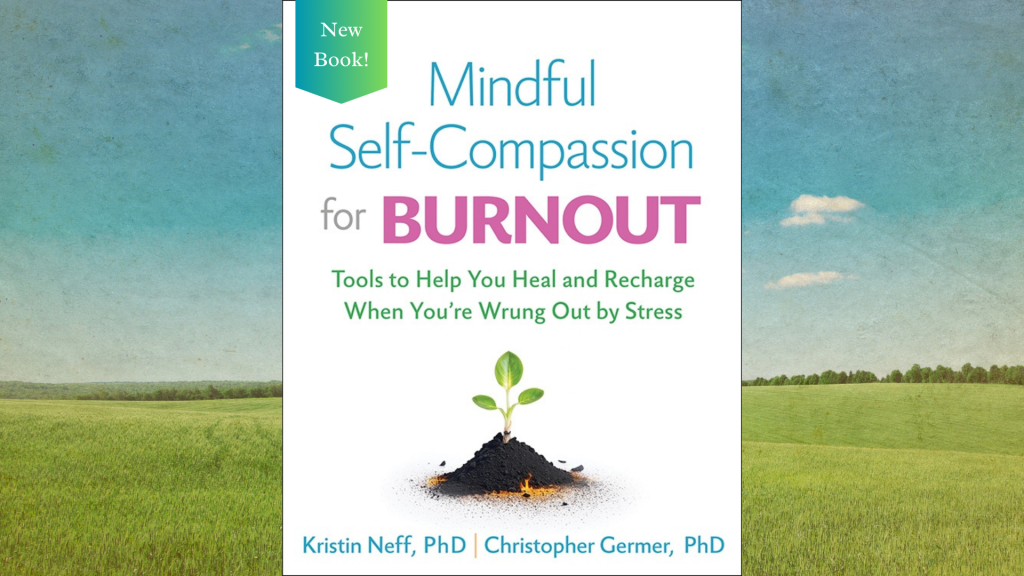Self-compassion and burnout

Self-compassion can help you both prevent and recover from burnout. For this reason I recently teamed up with my dear colleague Chris Germer to write a book about it and the book launches September 9th!
The Power of Self-Compassionate Touch

One of the quickest, most effective, and powerful ways to give ourselves compassion when we’re struggling is through physical touch. Just as we might instinctually reach out to a friend and give them a hug or hold their hand when they’re upset, we can comfort ourselves in a similar way.
Finding Our Voice

Some people think that self-compassion means just accepting the pain of our situation without trying to change things. When we care about ourselves, we will advocate for change, and our voice becomes more powerful and authentic.
Self-Compassion and Neurodiversity

When Rowan was first diagnosed, I didn’t recognize the hidden gifts of his autism. I was scared and worried and often felt overwhelmed by the challenges – language delay, intense tantrums, and learning difficulties. My ability to allow compassion to flow inward to myself as a parent as well as to Rowan meant that I had more strength to handle the tough stuff and to love and accept Rowan exactly as he was.
Cultivating goodwill

Given that our internal emotional landscape colors our experience 24/7, one could argue that it’s most important to direct goodwill inward. When we are kind and supportive with ourselves, we create a benevolent mindset that provides the resources to give to others.



